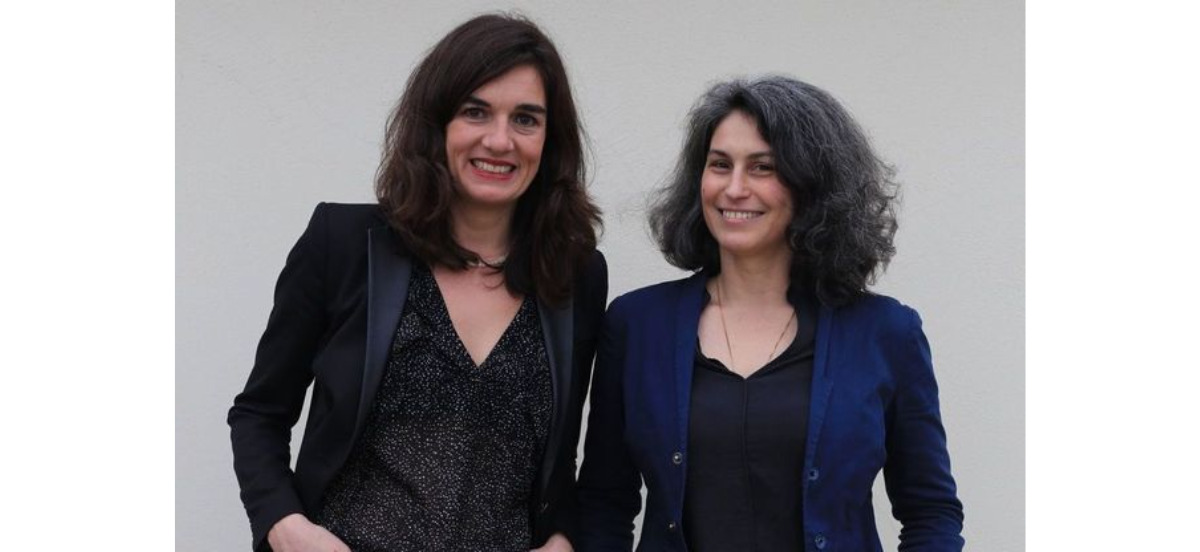Gender of Capital: How Families Perpetuate Wealth Inequality

In 2024, capital remains largely in control of men. Gender of Capital: How Families Perpetuate Wealth Inequality (Harvard University Press, 2023), a powerful new study by Céline Bessière and Sibylle Gollac built on 20 years of research, sheds light on the social and legal mechanisms that sustain economic inequality between men and women within the family. Join the two authors on Wednesday, February 28, for a conversation with Columbia Professor Camille Robcis on the occasion of the US release of their book.
In many countries, property law grants equal rights to men and women. Yet women still accumulate less wealth than men. In Gender of Capital, Sibylle Gollac and Céline Bessière combined quantitative, ethnographic, and archival research to explain how and why, in every class of society, women are economically disadvantaged with respect to their husbands, fathers and brothers.
In English. Free with RSVP: click here for tickets.
This event is co-organized with Villa Albertine as part of the Authors on Tour program. Céline Bessière and Sibylle Gollac’s 2024 US tour is made possible by Villa Albertine and Harvard University Press.
Céline Bessière is a professor of sociology at Paris Dauphine University (PSL University) and a senior member at the Institut Universitaire de France. Her research focuses on the material, economic and legal dimensions of family, especially through the analysis of inheritance and marital breakdown. Her work is at the crossroads of several fields: economics, sociology, sociology of law and justice, sociology of gender, class and family. Céline Bessière is also the co-author of Au tribunal des couples, published in 2013 by Odile Jacob, and the author of De génération en génération, published by Raison d’Agir in 2010.
Sibylle Gollac is a research fellow in sociology at Centre National de Recherche Scientifique (CNRS). After completing her dissertation on the family dynamics of housing and real estate, she studied inheritance and marital separations to analyze the construction of economic inequalities in the family. A member of the JustineS team (Justice and inequalities through the prism of social sciences), she studies the role of justice and the law in the perpetuation of inequalities.
Camille Robcis specializes in modern European history, gender and sexuality, and intellectual, cultural, and legal history. In both her teaching and her research, she examines the relationship between texts and their various contexts (cultural, social, political, economic). Camille Robcis is the author of The Law of Kinship: Anthropology, Psychoanalysis, and the Family in France (Cornell University Press, 2013), which won the 2013 Berkshire Conference of Women Historians Book Prize. Her second book, Disalienation: Politics, Philosophy, and Radical Psychiatry in Postwar France (Chicago, 2021) maps the intersections of politics, philosophy, and radical psychiatry in twentieth- century France.

